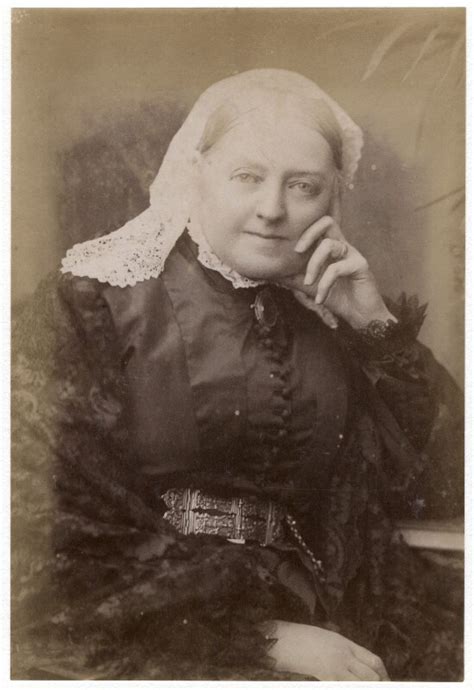A Quote by Thomas a Kempis
Our own opinion of ourselves should be lower than that formed by others, for we have a better chance at our imperfections.
Related Quotes
So let God know what you're doing just by doing it - or feel good about yourself. But don't rely on men and women to inspire you to do good - because we will probably often fail you with our own imperfections! We all should be trying to improve ourselves, regardless of how much better off or worse off we are than the person next to us, because we can all get better.
All of us are prone to excuse our own mediocre performance. We blame our misfortunes, our disfigurements, our so-called handicaps. Victims of our own rationalization, we say silently to ourselves, 'I'm just too weak,' or 'I'm not cut out for better things.' Others soar beyond our meager accomplishments. Envy and discouragement take their toll. .
There are two basic motivating forces: fear and love. When we are afraid, we pull back from life. When we are in love, we open to all that life has to offer with passion, excitement, and acceptance. We need to learn to love ourselves first, in all our glory and our imperfections. If we cannot love ourselves, we cannot fully open to our ability to love others or our potential to create. Evolution and all hopes for a better world rest in the fearlessness and open-hearted vision of people who embrace life.
We would willingly have others perfect, and yet we amend not our own faults. We would have others severely corrected and will not be corrected ourselves. The large liberty of others displeases us, and yet we will not have our own desires denied us. We will have others kept under by strict laws, but in no sort will ourselves be restrained. And thus it appears how seldom we weigh our neighbor in the same balance with ourselves.
We have limited time in our life, therefore we should try to teach ourselves, not to teach others. We should conquer ourselves, rather than conquer others. Whether coming or going, standing, sitting or lying down, our mind should be focused in this way. If we practise like this and develop mindfulness continuously, wisdom arises quickly and this is a fast way of practice.
Our business in life is not to get ahead of others but to get ahead of ourselves; to break our own records; to outstrip our yesterdays by our todays; to bear our trials more beautifully than we ever dreamed we could; to give as we never have given; to do our work with more force and a finer finish than ever. This is the true idea: to get ahead of ourselves.
Money is meant not for hoarding, but for using; the aim of life should be to use it in the right way - to spend as much as we can lawfully spend, both upon ourselves and others. And sometimes it is better to do this in our lifetime, when we can see that it is well spent, than to leave it to the chance spending of those that come after us.

































